Modi accuses Pakistan of waging proxy war in Kashmir
He is the first Indian prime minister to visit Kargil since more than 1,000 died in a battle fought there 15 years ago
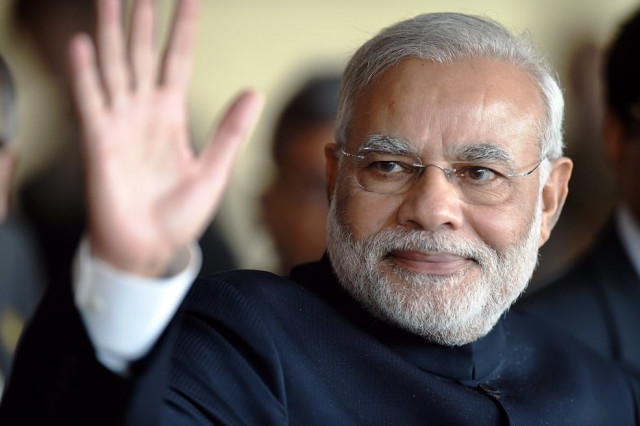
Modi landed in the remote Himalayan town a day after India and Pakistan traded accusations of ceasefire violations on their disputed border.
He is the first Indian leader to visit the highly sensitive area since a 1999 incursion triggered a conflict between India and Pakistan.
Since then, India has maintained a heavy military presence in Muslim-majority Kargil, in the remote mountainous region of Ladakh.
But a reporter at the scene said there were few soldiers in evidence as the town readied for the arrival of the prime minister, who was due to address troops and open a new hydropower project there.
Kargil, which has a population of just 20,000 and is often cut off in winter, was decked out with flags from Modi's Bharatiya Janata Party (BJP) and around 5,000 local people had gathered to listen to the prime minister speak.
Speaking earlier Tuesday to soldiers in Leh, capital of the Ladakh region, where he stopped en route, Modi condemned what he called a "proxy war by Pakistan" and said troops were "suffering more casualties from terrorism than from war", according to the government's Press Information Bureau.
Modi, a Hindu nationalist, also pledged to build new roads and develop tourism in the restive Muslim-majority state, where poverty and underdevelopment have exacerbated anti-government sentiment.
"There was a time when prime ministers never visited the state. I have come here two times already," said the prime minister, who was decked out in a traditional Ladakhi gold-coloured robe and hat for the occasion.
"We want to make jobs available for the youth. We want educational institutions for the youth... The government is committed to developing tourism in this region."
Kashmir is divided between India and Pakistan, which both claim the region in full but administer separate partial areas.
Ajai Sahni, executive director at the Institute of Conflict Management think tank, said Modi's visit was an "important first step towards bringing these areas back to the centre of national and strategic consciousness".
"This government's initiative in the region will gradually shift the power equation in favour of India over Pakistan as people in the region become more integrated (with India) with development and progress," he told AFP.
During his visit, Modi will also visit the Siachen glacier, dubbed the world's highest battlefield due to the long-running territorial dispute.
An estimated 8,000 troops have died there since 1984, almost all of them from avalanches, landslides, frostbite, altitude sickness or heart failure rather than combat.
He is accompanied by India's new army chief Dalbir Singh Suhag, and is expected to speak to troops stationed on the glacier.
The nuclear-armed rivals fought over Siachen in 1987, though guns on the glacier have largely fallen silent since a peace process began in 2004.
The visit comes a day after Pakistan summoned a senior Indian diplomat over a cross-border firing incident near the eastern city of Sialkot, which the foreign ministry said left at least one civilian dead.
The Pakistani authorities accused India of a "ceasefire violation" and registered a formal protest.
New Delhi and Islamabad agreed a ceasefire in 2003 but firing along the disputed de facto border called the Line of Control, which separates Kashmir into Indian and Pakistani sectors, still occurs sporadically.

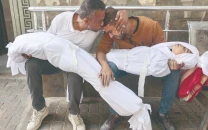
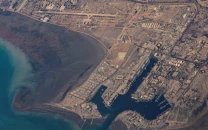
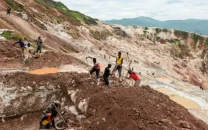
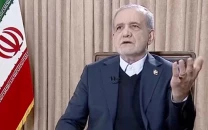
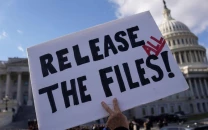
1721969212-0/BeFunky-collage]-(35)1721969212-0-208x130.webp)












COMMENTS
Comments are moderated and generally will be posted if they are on-topic and not abusive.
For more information, please see our Comments FAQ